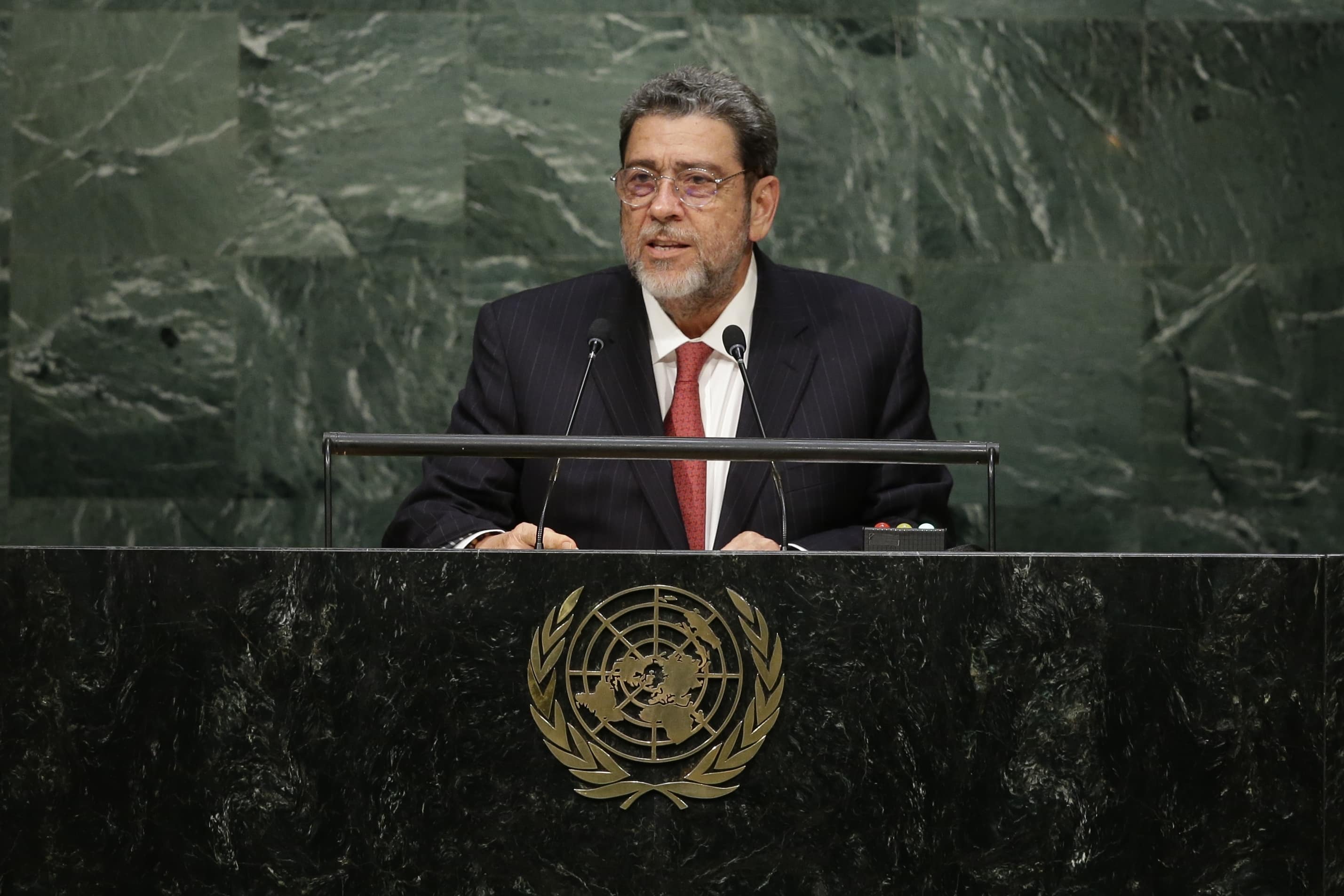IFEX members protest the impact on free expression of the overly broad bill, adopted on 12 August.
15 August 2016,
We the undersigned organisations defending freedom of the press and access to information are deeply concerned by the cybercrime law adopted today in Saint Vincent and the Grenadines. Several provisions of this bill pose a serious threat to freedom of the press, the free flow of online information, and public debate.
Defamation in print, written and broadcast media is punishable by up to two years’ imprisonment under Saint Vincent’s penal code, pre-dating the adoption of the Cybercrime Law, but the new legislation extends criminal defamation to online content.
In addition to broadening criminal defamation to include online expression, the law also introduces worryingly vague and subjective definitions of cyber-harassment and cyber-bullying, both of which are punishable by imprisonment.
The negative value and chilling effect that criminal defamation places on freedom of expression and of the press have been well noted at the local, regional and international level, and states have been repeatedly called on to abolish criminal defamation laws. The issue of criminal defamation has particular importance in the Caribbean, where a similar law was adopted in Grenada in 2013 and subsequently amended after international outcry. Trinidad and Tobago and Guyana are currently considering similar legislation now under critical review by national, regional, and international stakeholders.
The steps taken today in Saint Vincent and the Grenadines to strengthen criminal defamation laws and stifle online dissent and discussion could reverse the positive legislative trend in the Caribbean and serve as a negative example for Saint Vincent’s regional neighbors. It is therefore our view that the law as adopted today must be revised and criminal defamation must be abolished, and we urge the government of Saint Vincent and the Grenadines to do so as soon as possible.
Signed,


